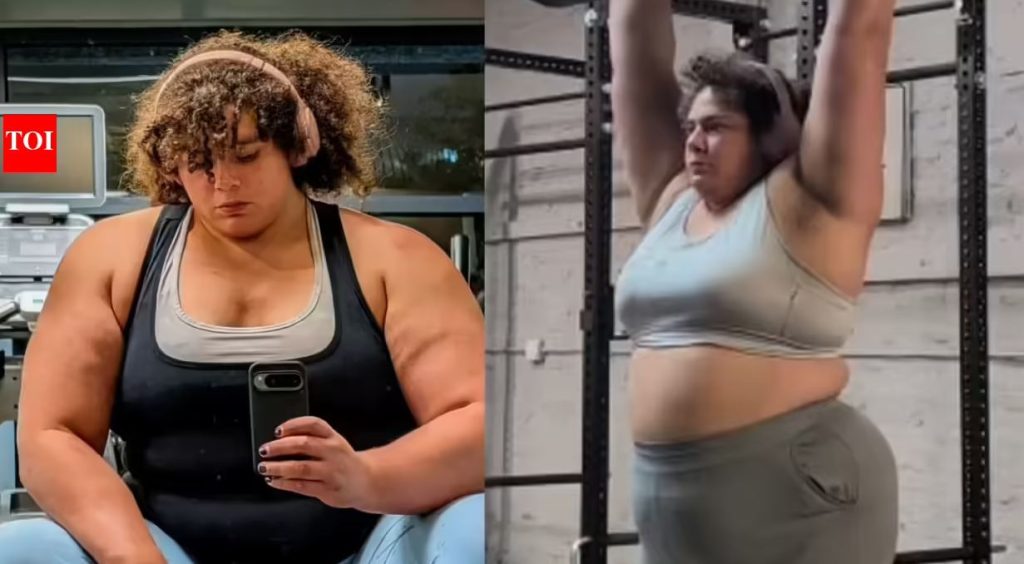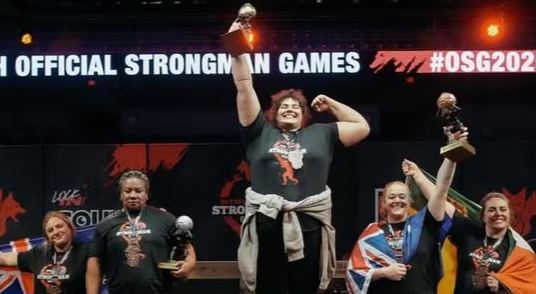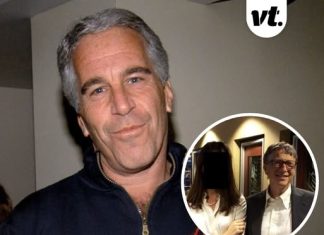At the 2025 Official Strongman Games World Championships in Arlington, Texas, the athlete initially declared victorious in the Women’s Open division was later disqualified. The event’s organizers now state that the winner, Jammie Booker, was found to be “biologically male” at birth a fact they say was not previously disclosed. As a result, the athlete lost the crown of “World’s Strongest Woman.”
Shortly after the loss, the title was reassigned to the former runner-up, Andrea Thompson. Many in the strongwoman community expressed shock, anger, and disappointment at how the situation unfolded — concerns about fairness, transparency, and the integrity of women’s divisions have already reignited.
Event Timeline and Official Decision
At the conclusion of the competition, Booker had narrowly outperformed Thompson and was awarded first place. The win sparked immediate reactions — some celebrating the apparent new champion, others uneasy about the size and build of the winner. Within days, event organizers issued a statement explaining the disqualification. They said that after being “informed” about Booker’s biological sex at birth — reportedly via circulated content and public records — they concluded Booker was ineligible to compete in the Women’s Open division. According to the statement, had they known prior, she would have been barred from entering. All rankings and points from the competition have since been adjusted. Andrea Thompson has been officially recognized as the 2025 champion, while competitors who initially placed third and below have moved up in the standings accordingly.

Reactions From Competitors and Community
Thompson, now champion, described her feelings as a mix of “relief” and “frustration.” She said the delayed awarding of the title robbed her of the moment to celebrate with her fellow athletes and share the spotlight in real time. Some of the strongest criticism came from within the sport itself. Fellow athletes and coaches stressed that integrity and fairness in women’s categories must be protected — many arguing that rules must be enforced consistently to preserve trust.
One sponsor also severed ties with Booker, stating that misrepresentation of eligibility rules violated standards of sportsmanship. At the same time, some voices cautioned about broader implications for inclusion and fairness, but emphasized that sports governing bodies must ensure a level playing field while balancing sensitive social issues.
What’s at Stake: Rules, Fairness, and Future Events
The controversy has sparked a wider debate about how strength sports manage gender categories and eligibility. For many, the incident underscores the need for transparent verification processes before competitions begin — a system that ensures all athletes compete under fair and known conditions. Organizers of the event defended their policy, stating that while they welcome all athletes, eligibility is strictly based on biological sex recorded at birth. They emphasized their responsibility to ensure categories remain fair and competitive. In the strength-sport community, many expect tighter registration scrutiny, possible changes in documentation requirements, and perhaps even broader revisions of how gender divisions are handled in future competitions — all in an effort to preserve competitive fairness without unnecessary exclusion.

A Controversy That Echoes Beyond The Podium
Though this event focused on one competition, the implications stretch far beyond. The situation reignited ongoing debates about how sports balance fairness, inclusivity, and respect for identity. While some celebrate the preservation of strict category rules, others argue for more nuanced approaches, pointing out the complexity of gender identity and athletic fairness. Ultimately, what many describe as a straightforward competition result has become a flashpoint for broader cultural and social tensions — reminding everyone that sport, identity, and fairness often collide in complex ways.

















